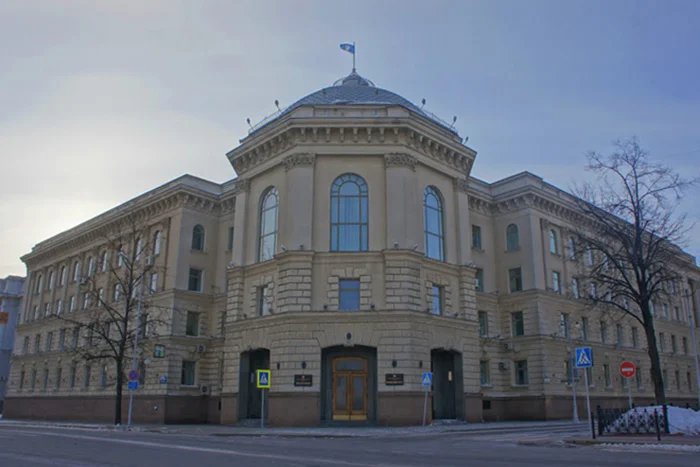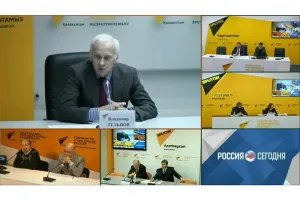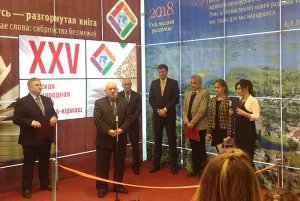CIS experts discussed the amendments to the Agreement on Cooperation in the Field of Public Health
28 February 2018

Minsk hosted an additional meeting of the expert group to finalize and agree the Draft Protocol on Amending the CIS Cooperation Agreement in the Field of Public Health. The meeting brought together plenipotentiary representatives of the Republic of Armenia, the Republic of Belarus, the Republic of Kazakhstan, the Kyrgyz Republic and the Republic of Moldova. Yuriy Andreev represented the IPA CIS Council Secretariat at the meeting.
The participants of the meeting discussed the amendments to the Draft Protocol made by the Republic of Armenia, the Republic of Belarus, the Republic of Kazakhstan and the Republic of Moldova and the proposal of the IPA CIS Council Secretariat to amend the CIS Advisory Board on Cooperation in the Field of Public Health giving IPA CIS representatives a right to advisory voice.
The materials of the additional meeting of the expert group will be sent to the CIS countries for the approval at the domestic level, with the document further submitted for the consideration of the Council of the CIS Heads of Government.
The Agreement on Cooperation in the Field of Public Health was signed in June 1992 and is a fundamental document aimed at preservation and strengthening of intergovernmental cooperation in the field of public health. In order to implement the provisions of this agreement, the CIS Advisory Board on Cooperation in the Field of Public Health has been created, composed of the public health ministers and chief state sanitary doctors of the Republic of Armenia, the Republic of Belarus, the Republic of Kazakhstan, the Kyrgyz Republic, the Republic of Moldova, the Russian Federation, the Republic of Tajikistan, Turkmenistan, the Republic of Uzbekistan and Ukraine.
For the past years the CIS Member Nations have seen significant changes in the field of legislation and general approaches to the healthcare framework, with fee-for-service and insurance healthcare becoming widespread. The principles of rendering medical services to migrant workers and members of their families have also changed. Therefore, there was an emerging need to update the Agreement.



